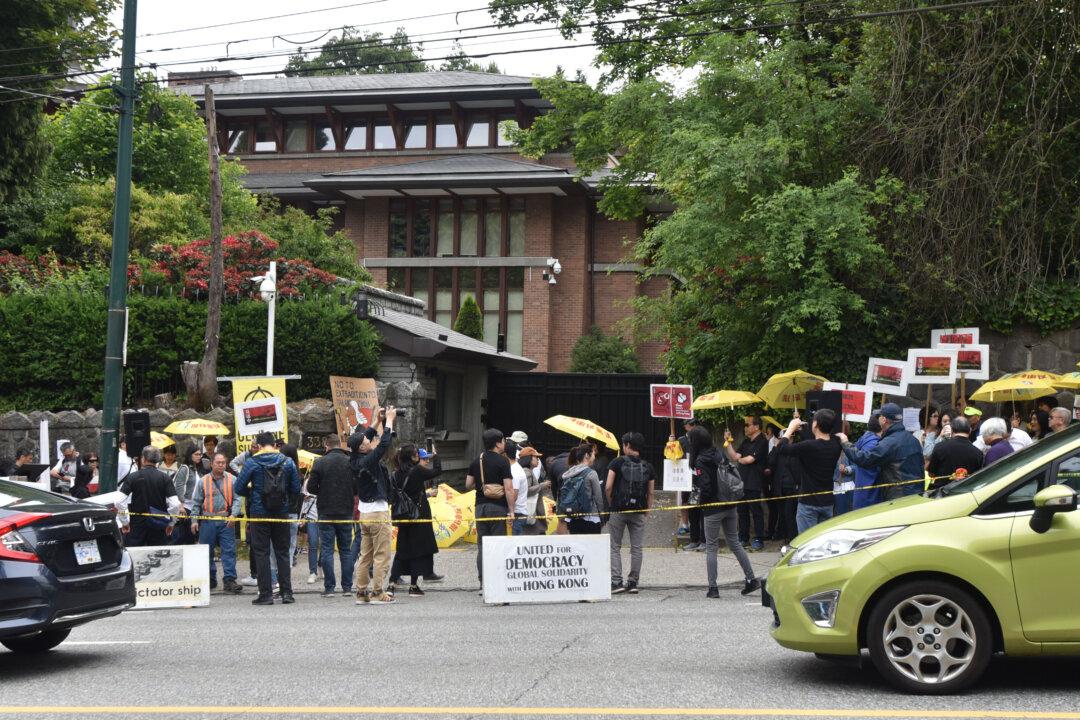With British Columbians heading to the polls in a few weeks, security experts and Chinese diaspora groups are sounding a warning about potential interference by China, given its previous attempts to meddle in federal and municipal elections in the province.
“B.C. is the landing point of so many activities from the CCP [Chinese Communist Party] in collaboration with triads, in collaboration with tycoons as well,” Michel Juneau-Katsuya, former chief of the Asia-Pacific unit at the Canadian Security Intelligence Service (CSIS), said in an interview.





